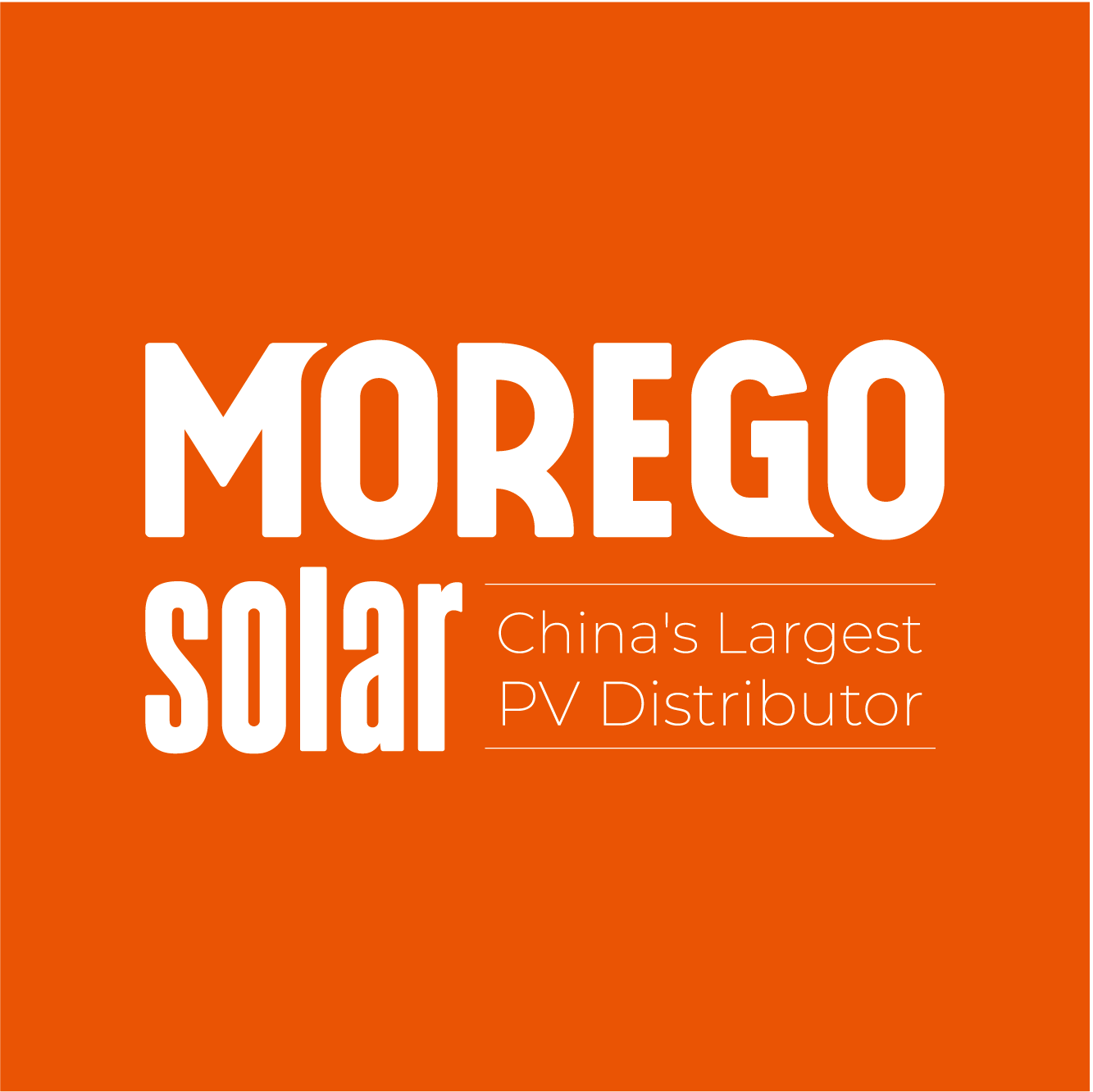When we decide to install Solar power system, we typically concentrate on the selection of solar panels, inverters, etc., but frequently overlook the choice of supports. As the "backbone" of the solar energy system, mounting bracket can directly influence the operational safety and damage rate of the solar panels.
What types of PV bracket are available?
1. Hot dip galvanizing process for PV brackets
Hot dip galvanizing, or hot-dip galvanization, involves melting zinc ingots at high temperatures, adding certain auxiliary materials, and then immersing the metal structural components therein. A layer of zinc adheres to the metal structural components. The average thickness of the galvanized layer should not be less than 55μm, equivalent to providing the metal structural components with a protective suit, and the service life can exceed 25 years.

Features:
① High bearing capacity, capable of withstanding significant wind load and snow loads.
② Low cost, suitable for large-scale applications.
③ Strong corrosion resistance, yet not advisable for highly corrosive areas.
Application scenario:
Applicable to areas with strong wind or power stations with rigorous requirements.

2. Zinc-aluminum-magnesium photovoltaic brackets
Zinc-aluminum-magnesium is a special alloy coating developed by adding appropriate amounts of AL, Mg, Ni, and Cr alloy elements to the galvanizing solution in the traditional hot-dip galvanizing process to improve the protective level of the "protective suit" on the solar module.

Features:
① It has high strength and rigidity. Because the friction coefficient of zinc aluminum magnesium coating is 15% lower than that of pure zinc coating, it can maintain stability in reciprocating friction, and can effectively resist external wind load and snow load.
② Excellent corrosion resistance;
③ Self-healing performance. When the stent is damaged and the incision occurs, the magnesium (Mg) component in the coating is conducive to the formation of a very stable and dense protective film, which can form a dense oxide layer and a barrier layer, to effectively prevent corrosion.
④Good plasticity and weldability, which can meet the shape requirements and installation requirements of photovoltaic brackets;
⑤ Low density and good recyclability. Reduce the weight of the solar photovoltaic bracket, in line with the requirements of sustainable development
Application scenario:
Applicable to desert, beach, saline-alkali land and other areas.

3. Aluminum alloy process photovoltaic bracket
The photovoltaic bracket made of aluminum alloy used in the general photovoltaic industry is anodized. Because the aluminum alloy itself is easily oxidized, the oxide film formed in the natural environment is too thin (10~15nm) and has high porosity, low strength, and poor corrosion resistance. In this regard, people find ways to "artificially oxidize" it. Generally, the aluminum profile is placed in sulfuric acid, chromic acid, or oxalic acid solution, under the action of the current to aluminum as the anode electrolysis and oxidation, so that its surface oxidation forms a layer of 5-30μm oxide film, to improve the surface of the aluminum profile corrosion resistance, wear resistance, high-temperature resistance and decorative performance we generate anodized film this process is called the anodized aluminum profile. The oxide film formed in the anodic oxidation process has the characteristics of lightweight, high hardness, and good sealing, thus prolonging the service life of aluminum alloy.

Features
① Low density, light weight, easy to transport and install
② Strong corrosion resistance, especially suitable for outdoor environments
Application scenario:
It is suitable for the rooftop power station on the roof of the civil building with the requirement of load-bearing.

4. Stainless steel process photovoltaic bracket

Features
①Good weather resistance can maintain good performance and appearance in long-term exposure to natural environments such as wind and sun, rain and snow erosion
② It has good recyclability and high value
③ It has extremely high corrosion resistance
Application scenario:
Suitable for highly corrosive environments, such as coastal areas and solar power plants near chemical plants.

5. Flexible Bracket
Just like Xiaolongnü in Jin Yong's novel book fixes both ends of the rope on the wall and sleeps directly on the rope, the columns on both sides of the flexible solar panel support are like fixed walls, and the use of steel wire rope is used, so the photovoltaic module is like Xiaolongnü "lying" on the steel wire rope. The difference is that for the sake of stability and safety, the flexible solar module is supplemented by a diagonal strut beside the column. To prevent the span from being too large, the solar panel will "bend" the wire rope, and some additional supports need to be added in the middle.

Features
①Strong adaptability, low requirements for terrain
② Reduce the gap between photovoltaic modules and improve the photoelectric conversion efficiency
③ The use of flexible materials, and strong wind resistance
Application scenario:
Suitable for mountainous slopes or areas with large fluctuations; Fish ponds, beaches, and other areas; The top of the sump of the sewage plant.

Each material has its characteristics. Only by selecting the appropriate material bracket according to the environment can we make the best use of everything and play the role of the "pillar" of Solar power stations.

